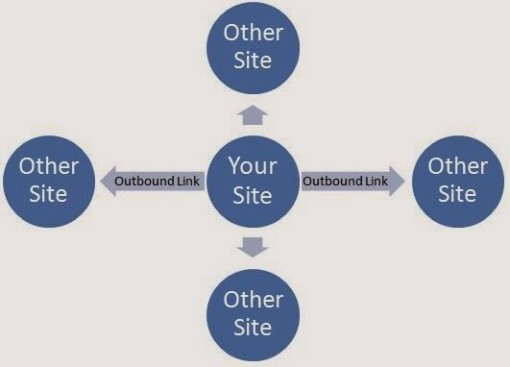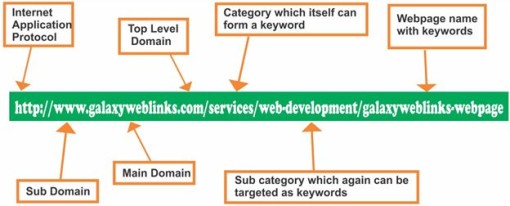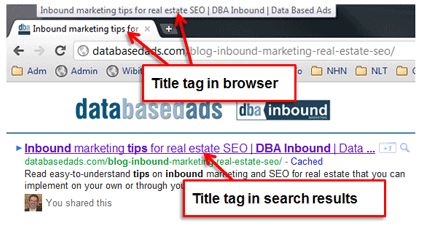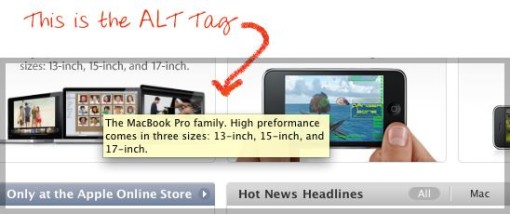Most Fundamental On-Page SEO Factors that Google & Readers Consider
Here at DP Tech Group, on-page SEO is the first stage of just about any SEO campaign. It has to be done right the very first time. No fundamental mistakes should be made at this stage.
While the internet marketing company hire (if you choose the right one) will almost certainly take care of on-page optimizations, you the business owner too should know the basics.
Having SEO-Friendly URLs is a Must
Google has made it clear that the first three to five words in the web page address (URL) hold the most importance. So, choose wisely.
You can also include a keyword in page URLs.
The URL should be as ‘intuitive’ as possible for a search engine to parse and a human being to read.
Keyword-optimize Title Tags of All Pages
The title tag is no doubt the most important on-page SEO element.
Page titles should be keyword optimized but make sure not to stuff keywords. The title should be created for search engines and the target audience both.
Enrich the Content with Multimedia
Gone are the days when plain content could hook a user to a website.
Page content enriched with images, videos and diagrams/illustrations is more likely to hold readers’ attention. So, focus on adding ‘value’ to your page content.
Keep in mind that the images, video embeds and illustrations too can be renamed with ALT tags, descriptions and other such meta-information.
Make It Rich with Outbound Links
If you boost your content (especially blog posts) with outwards links to highly relevant pages, it reflects very positively on a website.

Even Google is appreciative of such pages and may reward them with a higher page rank.
Just make sure you do not rank to low-quality websites and blogs. Also, make it a point to cross-check all outbound links once in few weeks (on a regular basis) to find out if the website/blog that you’ve linked to is still ranked well.
Since your website is a part of the pages on the Internet, you might as well be in the good company here.
Keyword Optimize Your Page Content Carefully
Ideally, the target keyword should be inserted in the first 100 words of the content.
You can also have one occurrence by the end as a rule.
The body of text can have few more occurrences but the overall keyword density shouldn’t be higher than 2-3%.




